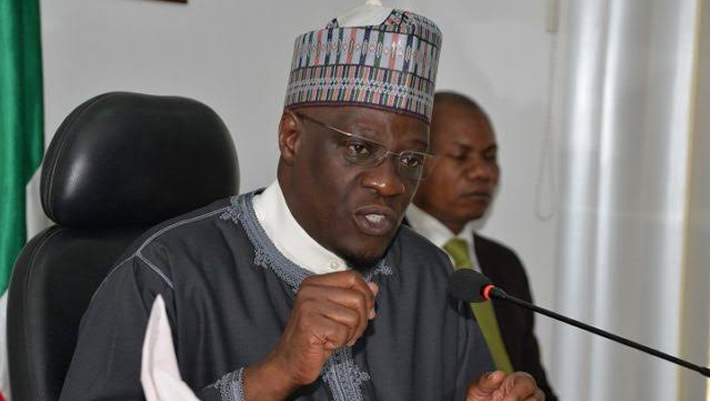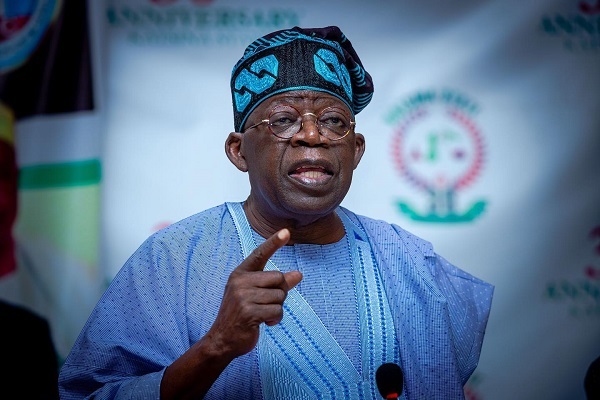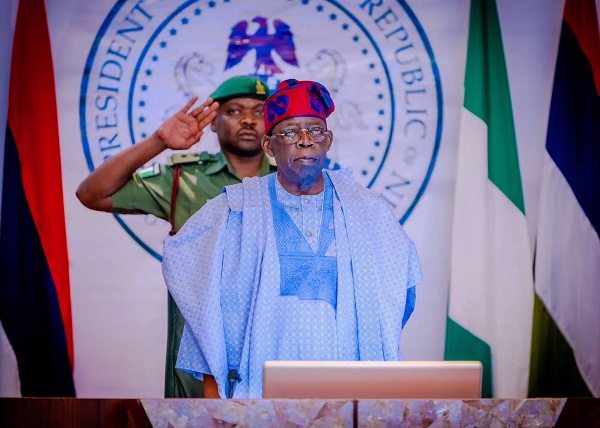A former Chairman of the Kwara State Universal Basic Education Board (SUBEB), Alhaji Lanre Daibu, testified in a Kwara State High Court on Thursday regarding a N1 billion loan obtained by the board in 2013, stating that the funds were used by the then state government to pay workers’ salaries and pensions. Daibu, the fourth prosecution witness in the ongoing trial of former Governor Abdulfatah Ahmed and former Finance Commissioner, Demola Banu, made this disclosure in the Economic and Financial Crimes Commission (EFCC) N5.78 billion fraud case.
Daibu explained that the state’s Finance Commissioner at the time, Banu, had approached SUBEB for the loan, citing financial hardship and the urgent need to settle outstanding salaries and pensions. He testified, “The then-Commissioner of Finance in the state, Mr. Ademola Banu, approached the board for the N1 billion loan, adding that the state government was faced with paucity of funds and needed to request for a loan to pay the state workers and pensioners.”
He further explained that the board sought a written commitment from the state government before approving the loan. “Before the release of the loan, the board asked the state government how it was going to repay the loan, and it replied that the loan would be repaid from the monthly revenue allocation,” he added. However, Daibu confirmed that the loan was not repaid before he left office due to the dissolution of the board.
During cross-examination, Daibu confirmed that his statement to the EFCC was made under caution as a suspect. He also clarified that the N1 billion loan was transferred to the state government’s salary account and not to the personal accounts of the defendants.
Additionally, Benjamin Fatigun, a retired permanent secretary in the Ministry of Finance, testified that the ministry had recommended the SUBEB loan to address salary shortfalls caused by unstable federal allocations in 2015. Fatigun stated, “There were issues in the payment of salaries in 2015. Monthly FAAC allocation to the state’s government, as at that time, was unstable.” He confirmed that the loan was paid into the state’s salary account and not to the personal accounts of the defendants.
The trial continues as the prosecution seeks to uncover details surrounding the use of public funds and potential mismanagement by the former officials.




